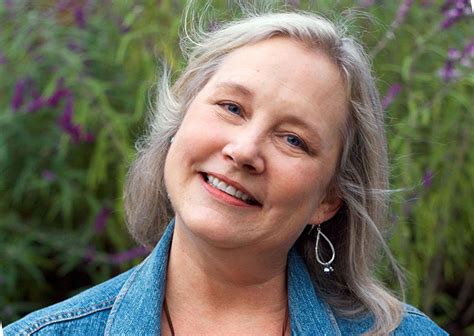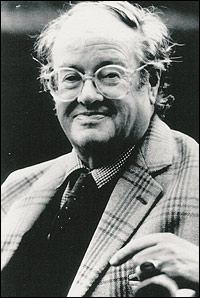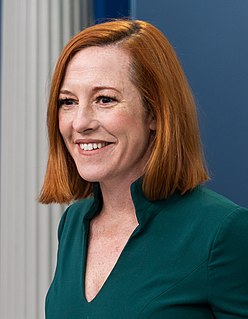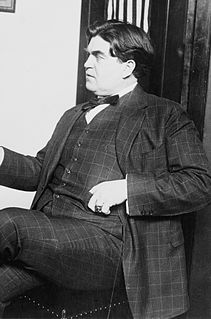A Quote by Hesiod
Whoever, fleeing marriage and the sorrows that women cause, does not wish to wed comes to a deadly old age.
Related Quotes
Is freedom anything else than the power of living as we choose? Nothing else. Tell me then, you men, do you wish to live in error? We do not. No one who lives in error is free. Do you wish to live in fear? Do you wish to live in sorrow? Do you wish to live in tension? By no means. No one who is in a state of fear or sorrow or tension is free, but whoever is delivered from sorrows or fears or anxieties, he is at the same time also delivered from servitude.
Formerly, many men dominated women within marriage. Now, despite a much wider acceptance of women as workers, men dominate women anonymously outside the marriage. Patriarchy has not disappeared; it has changed form. In the old form, women were forced to obey an overbearing husband in the privacy of an unjust marriage. In the new form, the working single mother is economically abandoned by her former husband and ignored by a patriarchal society at large.
Whoever lives for poetry must read everything. How often has the light of a new idea sprung for me from a simple brochure! When one allows himself to be animated by new images, he discovers iridescence in the images of old books. Poetic ages unite in a living memory. The new age awakens the old. The old age comes to live again in the new. Poetry is never as unified as when it diversifies.
The mediocre mind has no capacity for understanding. It is stuck somewhere near thirteen years in its mental age, or even below it. The person may be forty, fifty, seventy years old - that does not matter, that is the physical age. He has been growing old, but he has not been growing up. You should note the distinction. Growing old, every animal does. Growing up, only a few human beings manage.
The French Revolution, Fichte's Theory of Knowledge, and Goethe's Wilhelm Meister are the three greatest tendencies of the age. Whoever takes offence at this combination, and whoever does not consider a revolution important unless it is blatant and palpable, has not yet risen to the lofty and broad vantage point of the history of mankind.
The problem of unmet expectations in marriage is primarily a problem of stereotyping. Each and every human being on this planet is a unique person. Since marriage is inevitably a relationship between two unique people, no one marriage is going to be exactly like any other. Yet we tend to wed with explicit visions of what a “good” marriage ought to be like. Then we suffer enormously from trying to force the relationship to fit the stereotype and from the neurotic guilt and anger we experience when we fail to pull it off.
Labor, like Israel, has many sorrows. Its women weep for their fallen and they lament for the future of the children of the race. It ill behooves one who has supped at labor's table and who has been sheltered in labor's house to curse with equal fervor and fine impartiality both labor and its adversaries when they become locked in deadly embrace.







































